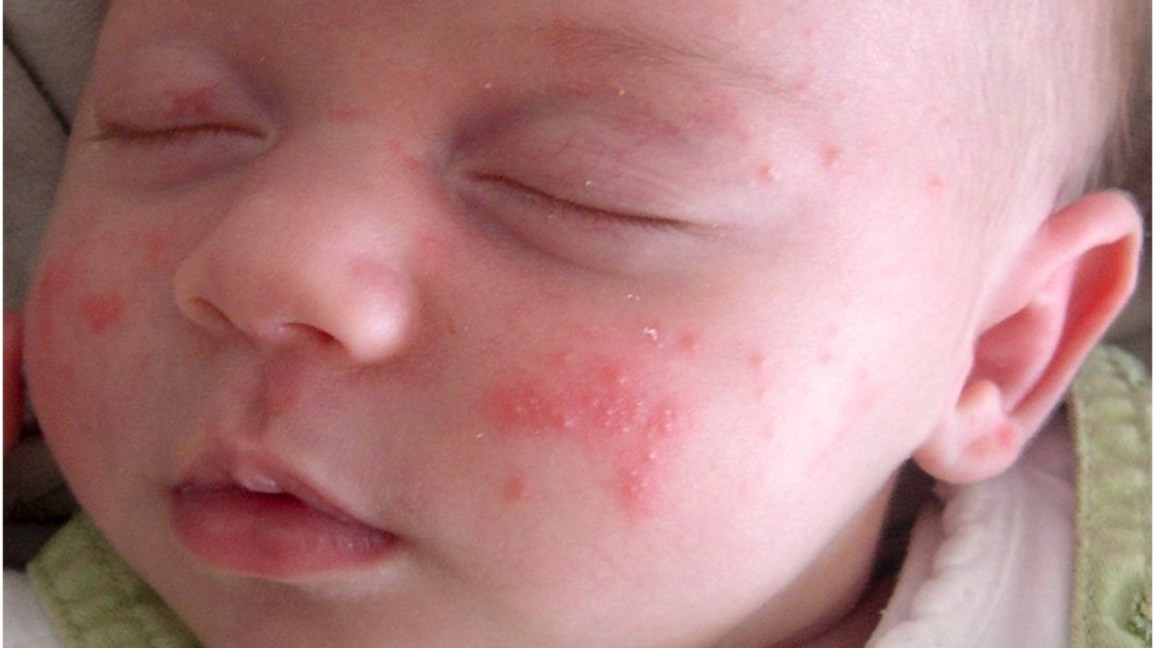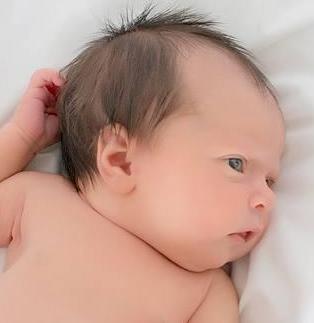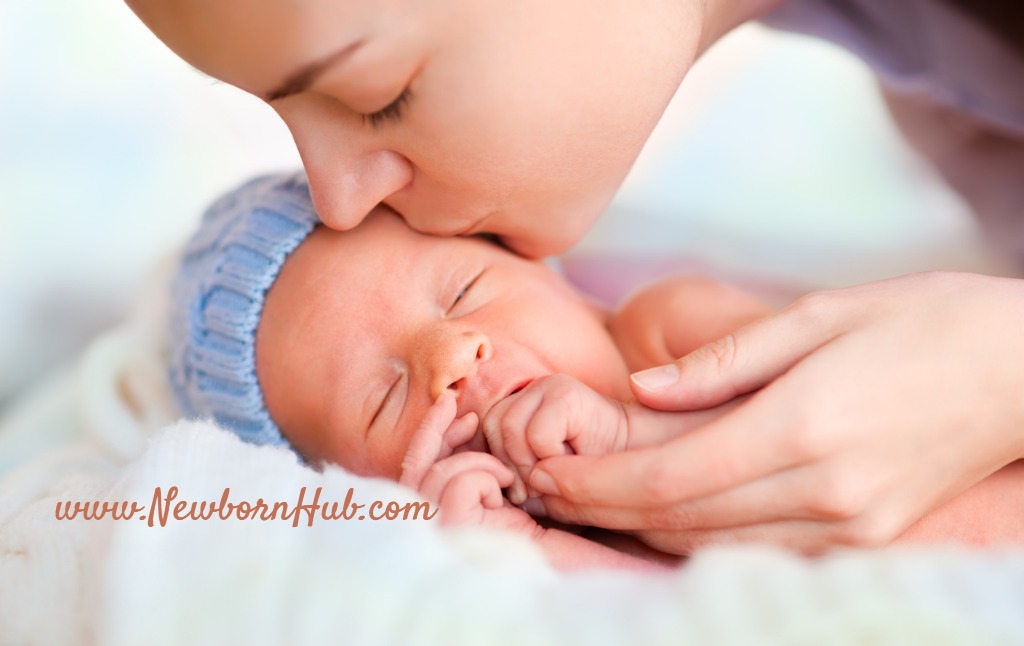Newborn Skin Rash and Eczema
*Scratch scratch*… Newborn skin rash may be more common than you think it is. If your newborn has diaper rash, click here. If the rash appears on the rest of his/ her tiny little body, continue reading...
Why does your baby have eczema? What causes it and what can you do to treat it? There are things you should know about skin rash, especially if you have a history of eczema in your family or if your newborn is simply presenting symptoms that may be diagnosed as being eczema.
What is a skin rash or Eczema (Dermatitis)?
You may notice your newborn trying to scratch and poke his skin. This can occur frequently when skin rash is present. If your baby is relatively older or has sharp nails, he may actually be able to do some damage to the delicate newborn dry skin because of the somewhat irresistible desire to scratch the affected area.

In case of baby rash, you would also want to confirm if it is eczema. In general, eczema, also known as dermatitis, is a condition that causes the newborn dry skin to be itchy and at times flaky. In some cases the itchiness of the skin can be very disruptive and may not allow your newborn to lie peacefully.
It is generally believed that at least 15% of children have instances of eczema. However, it is usually not a permanent condition. As your baby gets older, he will gradually grow out of having break-outs of rashes and become less prone to itchy or scratchy skin sessions.
What causes them?
Most of the time, there is a historic component to skin rash, just like it is to newborn baby acne. If you have more than one child, you could notice that if your first child had episodes of eczema and went through periods or dryness and itchiness, your second child and possibly other children will exhibit the same symptoms and traits related to eczema. This means that though it is not quite certain what actually causes eczema to manifest in your newborn, it does become more probable for your baby to display symptoms of eczema if you have another person in your family with this problem.

Are skin rashes and allergies related? What does Eczema have to do with allergies?
Many times, a rash is also described as an allergic condition which implies that it surfaces when there is some sort of trigger. You may also notice this to be true if your newborn suddenly develops baby rash in an area that was recently in the presence of a substance.
For instance, if your newborn’s skin reacts to certain chemicals found in some substances such as baby powder, baby perfume, baby lotion or even mother's lipstick, these substances can dry out your baby’s skin and result in an eczema-related reaction. When an allergy causes dryness of the skin, your baby who is already prone to eczema can react by breaking out even more and exhibiting all the symptoms and visual effects associated with eczema.
Treatment
When you realize that this condition may be recurring in your baby, you will want to know how to get a handle on it and fast too. If your baby has allergic eczema, staying away from allergens and triggers that activate the eczema is a great idea. Sometimes, you may not be able to avoid such contact, but there is still hope for comfort, treatment and care.
Your baby’s doctor may suggest the use of mild lotions and creams that contain substances that are specifically used to reduce dryness and itchiness of the skin. These lotions usually have low doses of steroids which can provide relief.
At home, you can also seek ways to minimize skin dryness by reducing the amount of time your baby spends in water during a bath and addressing the type of soap you use on your baby.
And yes, make those soft and cute newborn nails as neatly trimmed at possible. The last thing you would want your little one to do would be to scratch away that nasty newborn eczema with roughly trimmed nails – ouch!
If you are eager to know more about allergies, click here to read more about general newborn allergies. Click here to read about newborn food allergies.
Return to Newborn Baby Health section.
Return from Skin Rash to Homepage.



New! Comments
Have something to say about what you just read? Leave me a comment in the box below :)